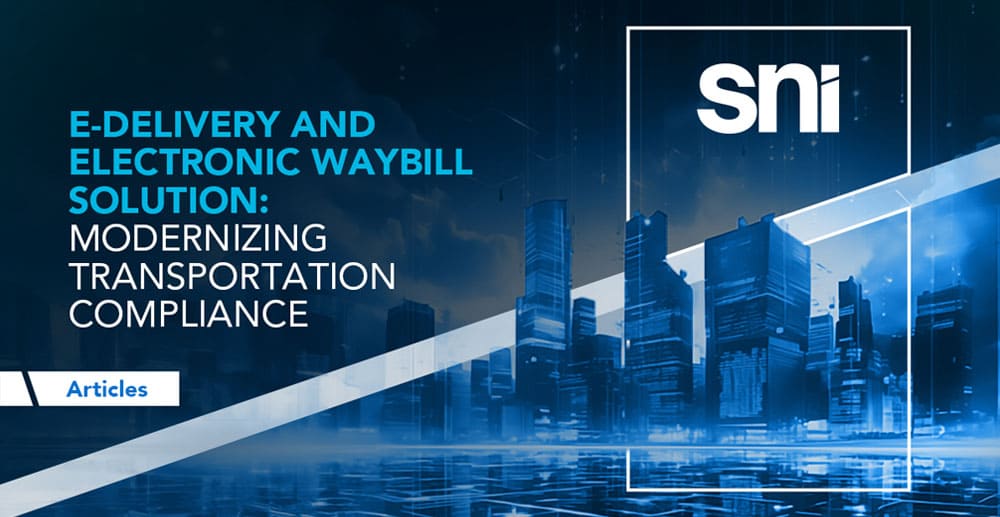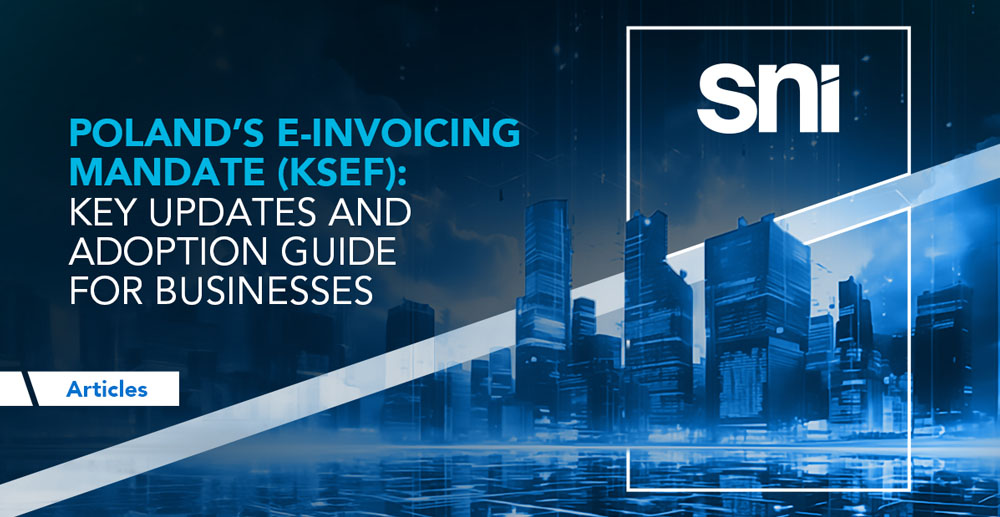
In the digital age, the electronic waybill (e-Waybill) system is transforming the way goods are tracked and transported. This paperless solution helps ensure that








SNI © 2024 All Rights Reserved.